New Cognitive Science concentration opens doors for Mac students
December 8, 2017
At the beginning of this academic year, a group of dedicated faculty and staff were pleased to offer a brand new concentration in cognitive science at Macalester.
Cognitive science is the study of systems, both natural and artificial, of knowledge and how knowledge is acquired, stored, and represented.
The concentration’s webpage summarizes, “the Cognitive Science concentration at Macalester exposes students to scientific studies of the mind and other intelligent systems from a variety of academic disciplines.” The concentration draws from a broad array of disciplines, such as Philosophy, Psychology, Economics, Computer Science, and Linguistics.
“The cognitive science concentration has been in the works since the spring of 2006 when a group of faculty interested in neuroscience and cognition started working on a proposal,” psychology professor Brooke Lea said.
To meet the concentration’s requirements, students must take seven courses: one in statistics, and two from three categories within the study of cognitive systems, cognition and cognitive science. It is open to students of any major, though they may only apply three courses total to meet the requirements of both their major and the concentration.
Darcy Burgund, psychology professor and director of the cognitive science concentration, says that the concentration is geared towards “students who are interested in taking an interdisciplinary approach to understanding the human mind.”
What does this new opportunity have to offer for students?
“By knowing more about how the human mind works – how thinkers think – students can become better, more informed thinkers themselves,” Burgund said.
In addition, Burgund noted the increasing number of businesses and organizations that draw upon cognitive science to solve problems and make decisions.
The director calls the concentration the “quintessential liberal arts pursuit,” as it heavily relies on collaboration between humanists and scientists in answering questions about human thought and mind.
“There are ways of answering big questions about life, and there are ways to answering that question that restrict to one mode of thinking, merely scientific or artistic for example,” English professor Jim Dawes said.
“The beauty of concentrations is that the very best ways we have for understanding the most complex problems all got mixed together.”

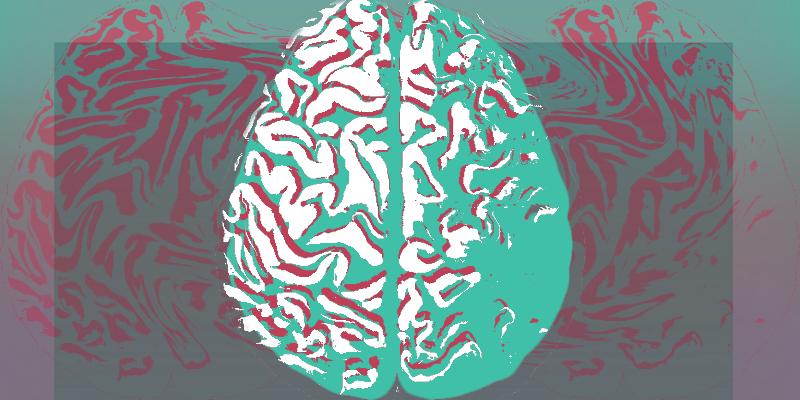












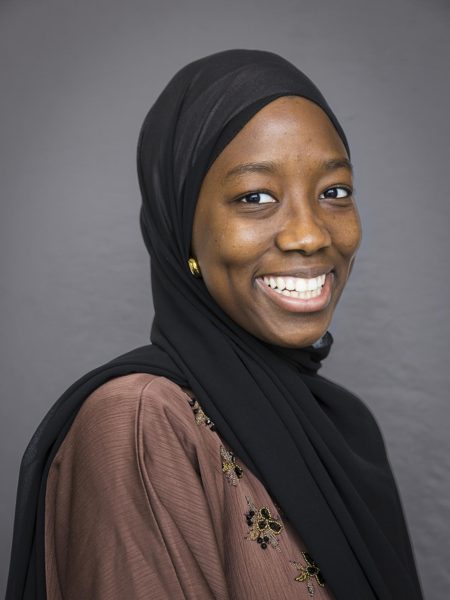
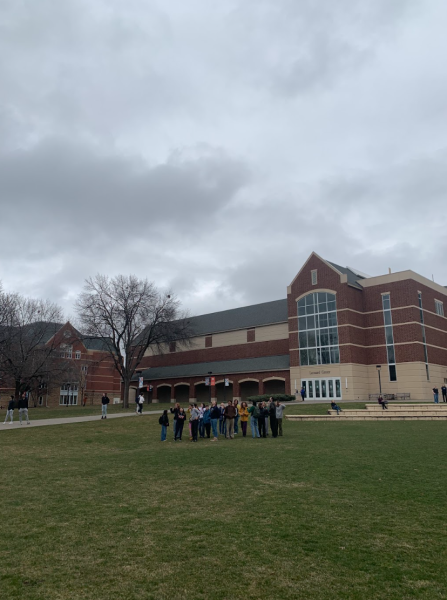


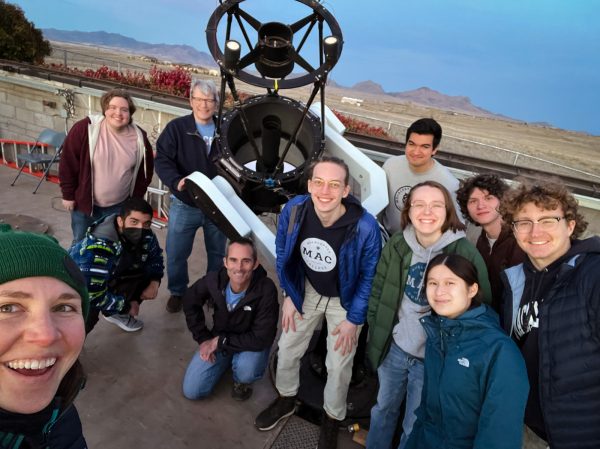
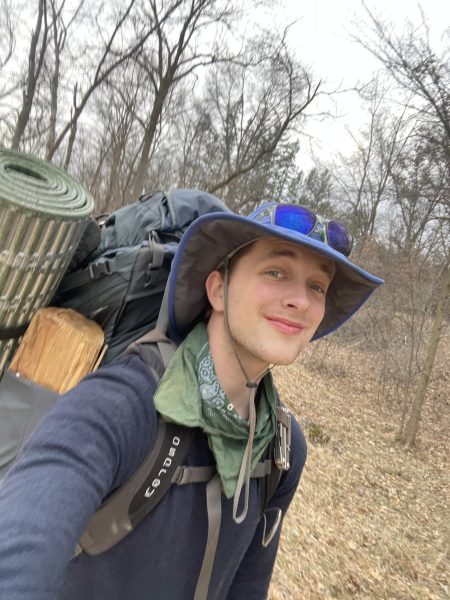


Kimberly Wilson • Sep 5, 2019 at 4:04 pm
My brother suggested I might like this web site. He was entirely right. This post truly made my day. You can not imagine just how much time I had spent for this info! Thanks!
Ian D Olson • Dec 9, 2017 at 12:14 am
This article leaves out the glaring fact that massive numbers of multidisciplinary degree options was slashed for the creation of this program. There are now fewer opportunities to study cognitive science, not more.
Macalester previously offered a Neuroscience Studies major, with over a dozen potential degree programs to choose from. This was a very liberal-arts approach to the sciences: in addition to STEM concentrations students could focus their studies in the humanities. This cognitive science program is nothing new and serves to insert the relatively flatlined biology department into a very successful and flourishing degree program. Given the success of the previous Neuroscience Studies program it’s clear that neuroscience at Mac is long overdue for its own neuroscience department.
Instead, we see and the removal of many other programs and an article claiming this is an improvement. It ought to be well-advertised by the Mac Weekly that the hugely successful “Neuroscience Studies” program was needlessly removed by an inept review committee unfamiliar with neuroscience education. Not only are students left with fewer opportunities and areas study, but many were against this change. With this program Macalester has lost its edge as an educational institution that offered wide and diverse programming in the cognitive sciences. For all the merits of this amazing new program it is nothing new, and comes at the expense of additional degree programs that students can no longer choose. Maybe someday in the future the school will find its liberal arts roots again, but for now we can expect graduates of this program to be without an education that appreciates the bigger picture.